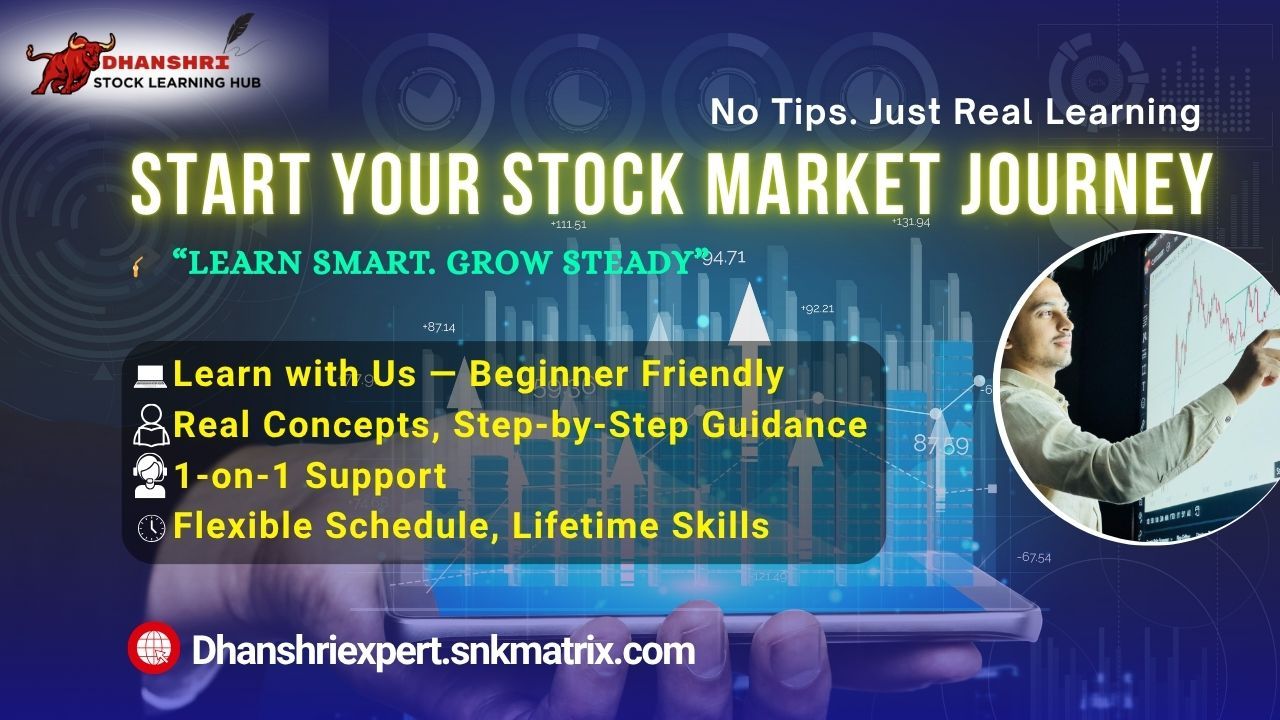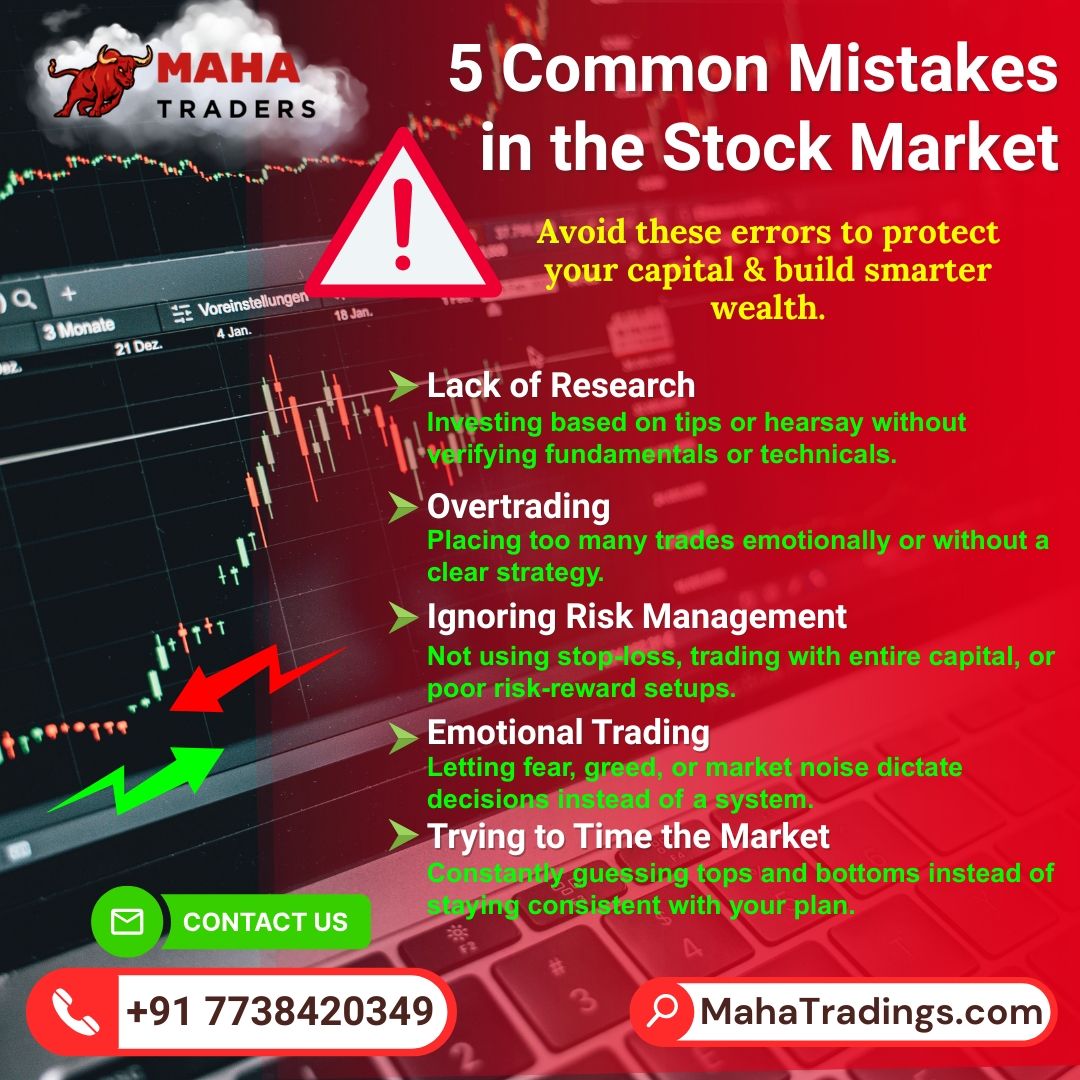✅ Introduction:
In the stock market, knowing what you're investing in is just as important as knowing when. One of the most fundamental yet often misunderstood terms among new investors is Market Capitalization (Market Cap). Whether you're investing in blue-chip stocks or high-growth small caps, understanding market cap helps you align your investments with your financial goals and risk appetite.
🔍 What is Market Capitalization?
Market Capitalization refers to the total market value of a company's outstanding shares of stock. It’s calculated using the formula:
Market Cap = Current Share Price × Total Outstanding Shares
This number tells you the size and value of a company in the eyes of the stock market.
🏢 Types of Companies Based on Market Capitalization:
1. 🟢 Large Cap (₹20,000 Cr and above):
These are well-established companies with a long track record. They offer stability, consistent returns, and lower risk — ideal for long-term investors.
Examples: Reliance Industries, Infosys, TCS
2. 🟡 Mid Cap (₹5,000 Cr to ₹20,000 Cr):
Mid-sized companies that offer a balance of growth and stability. They are riskier than large caps but can yield better returns.
Examples: Tata Power, Deepak Nitrite, Crompton Greaves
3. 🔴 Small Cap (Below ₹5,000 Cr):
Smaller companies with high growth potential but also higher volatility. Suitable for aggressive investors who are comfortable with higher risk.
Examples: Brightcom Group, Tanla Platforms, Suzlon Energy
📈 Why Market Cap Matters to Investors:
- ✅ Helps understand company size and scale
- ✅ Indicates the risk and return profile
- ✅ Guides portfolio diversification
- ✅ Assists in aligning investments with short or long-term financial goals
- ✅ Useful for comparing companies in the same sector
📌 How to Use Market Cap in Your Investment Strategy:
- Beginner Investor? Focus more on Large Cap stocks for stability.
- Looking for Growth? Blend your portfolio with Mid Cap stocks.
- High Risk, High Reward? Add Small Cap with careful research and stop-loss strategies.
🧠 Quick Tip from Maha Traders:
“Don't judge a stock by its price. Judge it by its market cap, fundamentals, and growth potential.”
✅ Conclusion:
Market Capitalization is more than just a number — it’s a key factor that determines how a stock will behave under market pressure. Whether you're building a conservative portfolio or aiming for aggressive growth, knowing the difference between large-cap, mid-cap, and small-cap companies empowers you to make informed, goal-based investment decisions.
👉 Book Your Strategy Call Now
📩 Message us directly or visit MahaTradings.com
📞 WhatsApp: +91 9167280541




